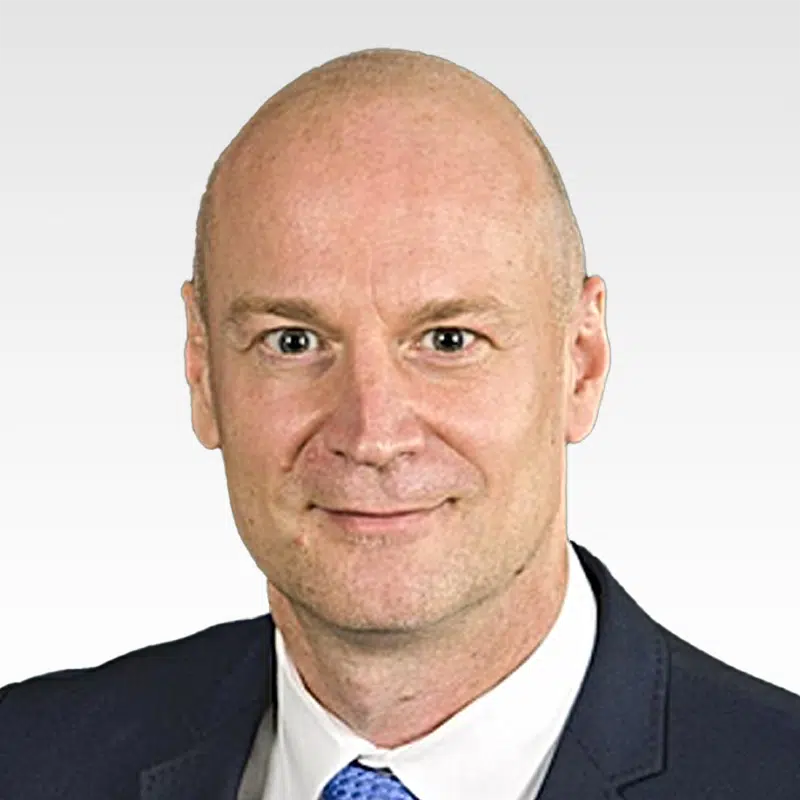Session information:
Time:
- 11:00 a.m. – 12:00 p.m.ET (NA-East)
- 16:00 – 17:00GMT (UK)
- 17:00 – 18:00CET (EU-Central)
Overview:
Only about 10-15 percent of new drugs make it from discovery to market, with 70 percent failing during Phase I due to either unmanageable toxicity or poor pharmacokinetics. This highlights the importance of robust and reliable Phase I data in determining the future of a drug candidate. Early and accurate cardiac safety assessments, particularly those focusing on the QT interval, play a key role in assessing the potential for toxicity and guiding informed decisions regarding drug development.
Traditionally, QT assessments have been conducted in later stages of clinical development in Thorough QT (TQT) studies. However, a more proactive approach is available: early phase QT assessments performed in healthy volunteers during Phase I studies. These assessments, typically conducted during single ascending dose (SAD) or multiple ascending dose (MAD) studies, provide valuable cardiac safety data earlier in the development process. In many cases, early-phase findings can be used to support waivers for TQT studies, reducing the need for costly and time-consuming trials during later development stages. However, relying on the principal investigator’s read of 12-lead ECGs will not typically be able to detect QT interval changes at the level of precision achieved with a TQT study or meet the requirements for a TQT waiver.
To support rigorous, high-quality measurements of changes from baseline of the QT and other ECG intervals during Phase I studies, the Expert Precision QT (EPQT) methodology was developed in collaboration with the FDA. Relying on iCOMPAS technology, which has benefited from years of development and validation using data from individuals with drug-induced or inherited QT prolongation, high-precision measurement of the QT interval is ensured. With these data and analyses being available at an early phase, more informed decisions around the safety of a drug and the viability of the candidate to move to later phase studies are enabled. Moreover, this high-quality data can be used to support a TQT waiver later in development, alongside other data.
Given the requirement for precise data and analysis for early phase assessments, quality checks of the ECG data that can be quickly conducted after data acquisition enables recollection of data should the quality be lacking and opportunity for site-retraining as necessary. Artificial intelligence (AI) is an ideal solution for these analyses to automatically screen continuous ECG recordings for a quality assessment without the need for human engagement.
By combining high-precision, early-phase QT assessments from EPQT with AI-enabled ECG early quality checks, drug developers can obtain actionable safety data that informs critical decisions throughout the development process. Early identification of cardiac safety risks can help mitigate potential toxicity issues before they escalate, improving the likelihood of successful drug development and reducing the risk of late-stage failures. Moreover, the semi-automation of ECG analysis enhances operational efficiency, reduces manual labor and minimizes the potential for human error.
Moderator

Todd Rudo, M.D.
Dr. Todd Rudo is EVP and Chief Medical Officer at Clario, providing medical and scientific leadership across the organization. He has nearly 20 years of clinical cardiology and pharmaceutical research experience, with a career predominantly focused on drug safety. Dr. Rudo has board certifications in cardiology, cardiac electrophysiology, nuclear cardiology, adult echocardiography and internal medicine. His team provides expert consulting to clients on scientific and regulatory strategy and ensures Clario’s product portfolio is scientifically robust, generating high-quality clinical trial endpoint data. Dr. Rudo has a particular interest in applying innovative technologies to improve the scientific rigor of clinical trials while maintaining focus on the customer experience, including minimizing patient and site burden.
Speakers

Vic Patel, M.D., Ph.D.
Vice President, Chief Medical Officer, Cardiology at Clario
Dr. Vic Patel, M.D., Ph.D., is board-certified in cardiology with a Ph.D. in Biophysics and has done extensive research on mechanisms of cardiac arrhythmias. He was on faculty at University of Pennsylvania School of Medicine for 11 years where he directed molecular arrhythmia research and practiced clinical electrophysiology. Dr. Patel then moved into drug development and cardiac safety as a clinical development leader and therapy area head across all phases. At Clario, Dr. Patel oversees cardiology science and research, the consulting and ECG/Holter core lab services and he also leads the biostatistics and medical writing groups. He works with our global customers to ensure their needs are met with robust, cost-effective solutions

Jean-Philippe Couderc, Ph.D., MBA
Professor of Medicine and Computer/Electrical Engineering at University of Rochester
Dr. Jean-Philippe Couderc is a scientist with experience in the development of groundbreaking technologies in the field of quantitative electrocardiography and cardiac safety. He is an internationally recognized authority in the development of computerized technologies related to cardiology. He is the Scientific Founder and Chief Technology Officer of iCardiac Technologies Inc, Dr Couderc is also the Founder and Director of the Telemetric and Holter ECG warehouse, an initiative developed with the US FDA under a private-public partnership and funded by the National Institute of Health. He was characterized by a creative mind leading to translational scientific discoveries that have been highlighted by major media, including the Wall Street Journal.
